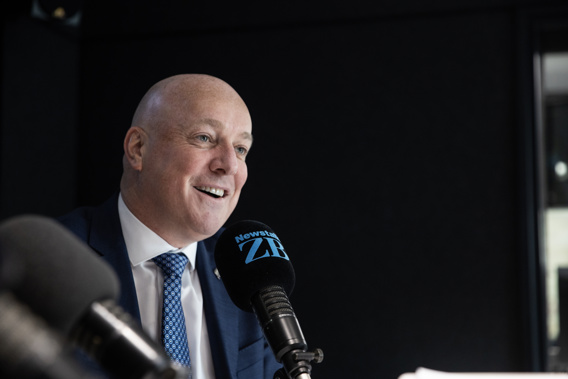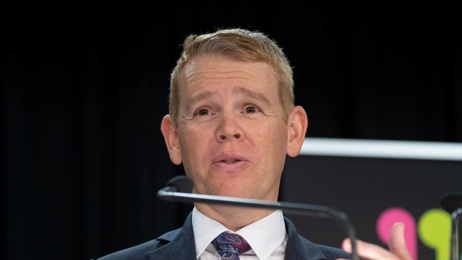
And then, it was done.
Some 43 days since the election and 22 days since the special votes were counted, incoming Prime Minister Chris Luxon has achieved a New Zealand first – he’s stitched together a three-party coalition.
Not in the history of this country’s MMP system has this feat been achieved.
Personal differences between Seymour and Winston aside, squaring their respective parties’ political beliefs and ideologies into the circle that is Cabinet involves an enormous amount of compromise.
The Greens continue to be the Greens in Opposition; Te Pati Māori don’t have to compromise on any issue they ran on in the election.
But once a party is in Government, it loses a fair amount of its identity.
If, say, two years down the track Cabinet decided the Government would bail out all manufacturing companies which lost their market share to cheaper, more scalable Chinese companies – Act would not be able to publicly take a position against that.
Nor would New Zealand First be able to publicly come out against a Cabinet decision to divert millions of dollars of funding from regional development projects to urban cycleways.
Both sides have negotiated an “agree to disagree” clause in their responsive agreement - but they are to be used sparingly with the understanding that for the most part, what happens in cabinet stays in cabinet.
Once yesterday’s deal was signed, all three parties became locked in for the next three years.
That’s not just the policy they’ve committed to from the election campaign; but any upcoming issues Cabinet will have to grapple with during its term.
Hence why negotiating a coalition deal is so hard with two parties. Add in a third and the difficulty level increases exponentially.
But it hasn’t come without its drawbacks and on the face of it, it appears National’s copped the largest concession.
Reversing the foreign buyers ban to slap a tax on those buying homes over $2 million died on the negotiation table.
The killer: New Zealand First.
The policy’s absence in the soon-to-be Government’s tax plan presents some major problems for Luxon and his Finance Minister Nicola Willis.
John Key’s famous “Show me the Money” line in the 2011 election campaign has come back to bite National 12 years later.
At present, how the $740 million a year gap will be filled remains unclear. And it will remain unclear for a number of months, as Willis has confirmed the December Mini-Budget won’t contain the answer to the shortfall problem.
However, Luxon says he remains 100% committed to delivering the tax cut his party campaigned on.
And he will do it by bending the public service to his whim and extracting every spare cent he can.
His credibility depends on it.
But the axed tax appears to be one of the only blemishes on an otherwise remarkable deal.
The issue of: Who will be Deputy Prime Minister was solved with a fairly novel approach of letting them share the job for 18 months each.
Act gets to start work on re-examining the role of the Treaty - without an actual commitment to hold a referendum on the Treaty.
New Zealand First gets another Provincial Growth Fund - albeit somewhat slimmed down - and a commitment to expand the the COVID-19 inquiry.
Very soon, the cries from the “it’s taking too long” crowd will fade as the Government gets on with the business of governing.
Until then, Luxon - who’s just started his second term in Parliament - can rest assured that every moment it took to put together this deal was a moment well spent.
Take your Radio, Podcasts and Music with you









